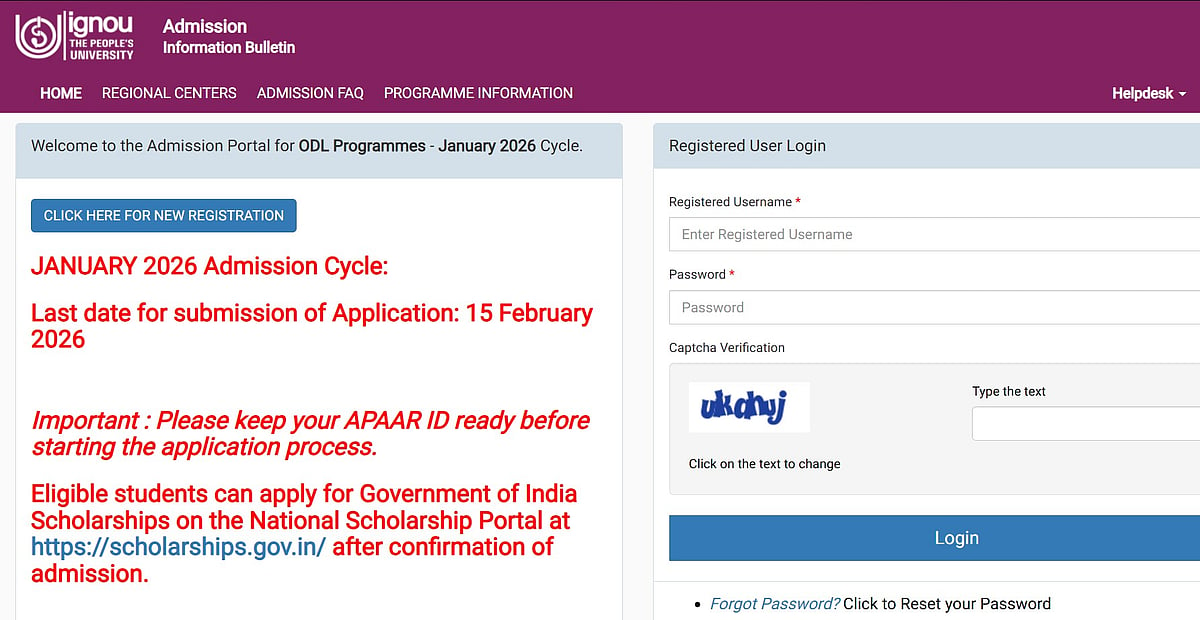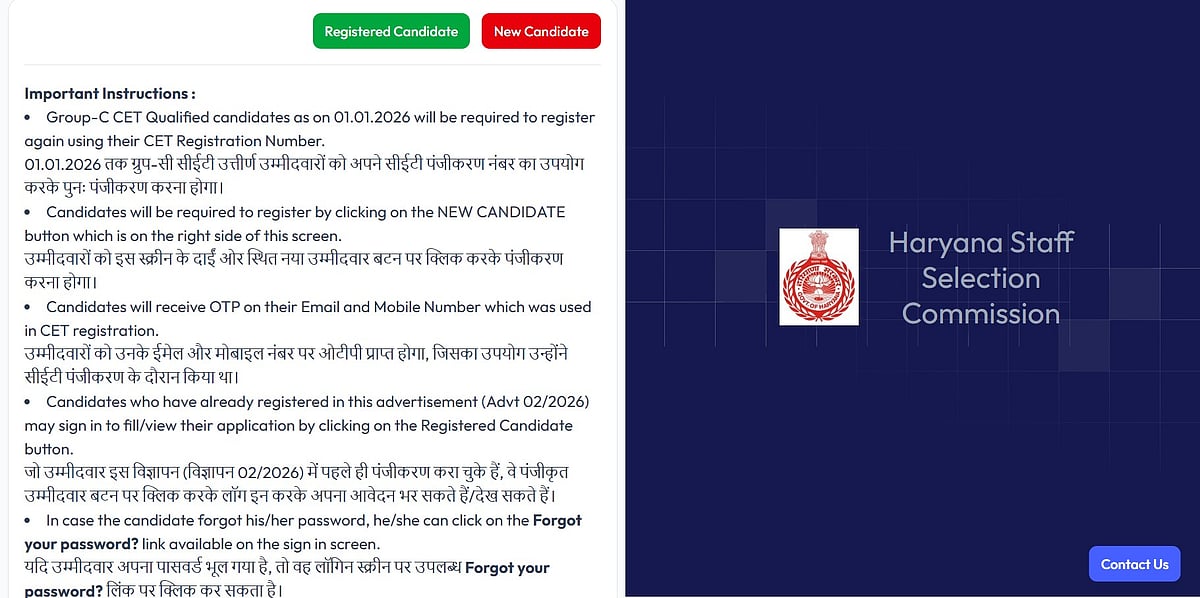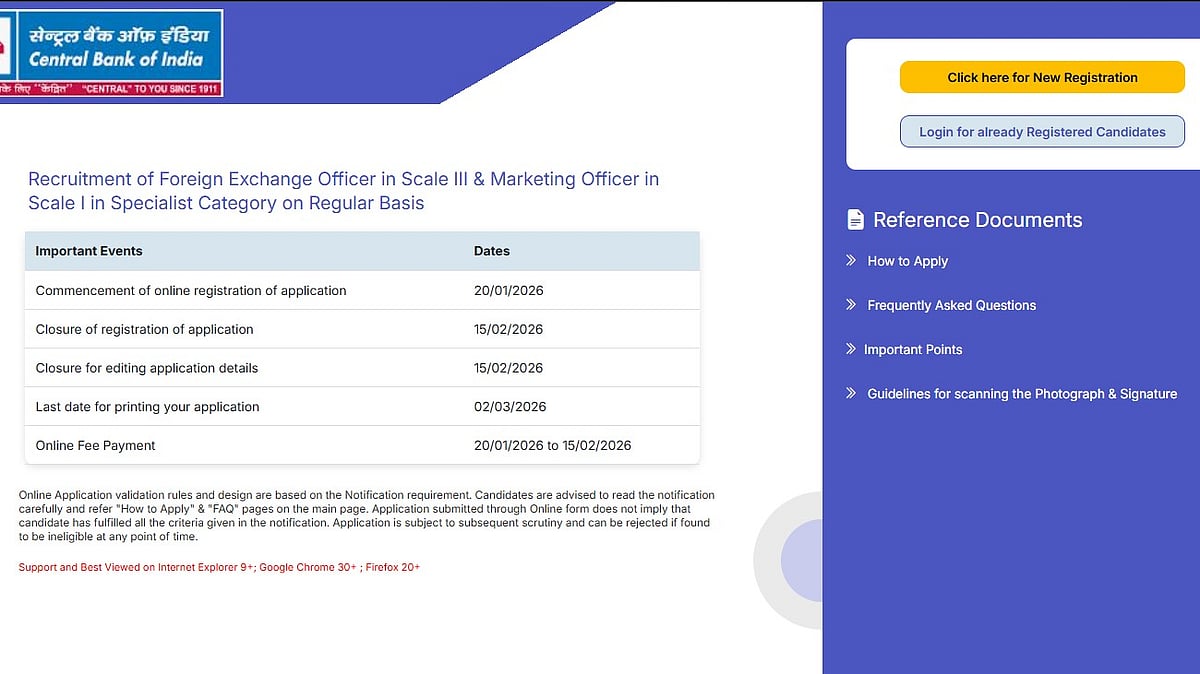The COVID-19 pandemic compelled educational institutions to move to an online learning format to minimise disruption in education, which boosted the Ed-Tech sector. It served as the catalyst for digitalisation in education.
Technologies in education, grouped as Ed-Tech, are what enable the transformation. High speed internet connectivity and the growing use of mobile devices are key elements influencing the development of Ed-Tech and the "smart classroom" market in India.
There is a lot of optimism regarding the sector’s prospects. With 500 million people worldwide in the age range of five to 24, India presents a significant opportunity for the education sector to flourish. India's education market is projected to be valued US$ 225 billion by FY25, up from an estimated US$ 117 billion in FY20.
Also, the fact that India has risen to become one of the top three countries in the world after China and the USA for receiving the most venture capital funding in the Ed-Tech sector can be used to assess the future possibilities of the Indian Ed-Tech business. Indian Ed-Tech start-ups have received total investment of US$ 4.7 billion in 2021, up from US$ 2.2 billion in 2020.
The expansion of the sector
In 2020, the global Ed-Tech sector received $16.1 billion in venture capital funding, a 32X growth from the 500 million dollars it received in 2010. The K-12 segment, higher education, and upskilling categories are significantly responsible for this industry's growth surge.
Massive Open Online Courses (MOOCs) and distance learning are becoming increasingly popular, and in the next ten years, the Indian Ed-Tech market is expected to become a $30 billion industry.
What gives Ed-Tech its strength
The use of creative teaching and training methods has been enhanced and is defining the direction that contemporary learning settings will take in the coming years. People can learn new skills and learn from professionals from the comfort of their own homes. They are also able to successfully juggle their work and learning goals in a highly competitive setting.
With numerous features to increase the effect of learning, educators can multitask and manage big groups of students digitally. Industry experts that are not full-time educators are also able to share knowledge as educators on a part time basis from their homes or offices – an option that was not likely to be availed in the offline format.
Through carefully crafted courses that provide a comprehensive perspective, students can learn at their own pace. Even in the most isolated regions of the nation, innovative ideologies and methods can be developed to advance the educational process. Education will be more widely available, more teachers will be able to impart their knowledge, and it will truly become a human right. Ed-Tech firms have risen to the challenge, contributing to reform at the core of society and education.

Additionally, Ed-Tech is making it possible to customise the learning experience for every student by tracking their progress over time, highlighting areas where they should put more effort, and changing the curriculum accordingly.
Factors driving the growth of the sector
A significant mobile user base: The way that India skipped landlines and went straight to mobile phones, it is planning to skip campus-based higher education and go straight to online education. Adoption of mobile devices will fuel online learning. With over 850 million people in India possessing mobile phones, and with a rate of growth of over 10 million each month, these mobile devices will serve as the classrooms of the future.
Largest education market: The Indian education market is the biggest in the world in terms of both the number of students enrolled and the number of institutions founded. It consists of 1.1 million public schools, 320,000 private schools, 37,000 colleges, nearly 760 universities, and thousands of test preparation and tutorial facilities run by the private sector.
Change in format: Ed-Tech companies are offering tailored content; even those who live in remote locations can receive top-notch education. Additionally, they have the choice to enrol in specialised courses, which are only offered in a few locations.
Recent innovations: Recent Ed-Tech innovations include on-demand learning, immersive learning, AI, VR, and video-assisted remote learning. Further technological developments will be gradually incorporated into classrooms as learning demands increase.
Given that technology may break down regional boundaries, students are given an accurate view of their skill sets and where they stand at the national level with national level competitions becoming simpler to organise.
Technology enables customisation: Big Data and AI make it possible for schools to provide children with higher-quality content through interactive lessons that are simple to understand. They are able to provide a more intuitive and objective assessment of aptitude to direct students towards career alternatives more in line with their aptitudes.
Adoption of such technologies is also enabling customisation. Learning that is tailored to the requirements of each student allows them to regulate the pace and iterate the content.
Road Ahead
Due to their ability to quickly adopt cutting-edge technologies and high rates of return on investment, Ed-Tech start-ups attract investors. Parents and students are demanding more from Ed-Tech companies. Looking at the growing demand, 15-30 new Ed-Tech apps are launched every month in India.
The Government of India (GOI) has made a number of strategies and sweeping adjustments to improve the Ed-Tech sector and the quality of students' remote learning experiences. For instance, the GOI launched PM e-VIDYA in May 2020, enabling the top 100 institutions in the nation to begin offering online courses. The National Education Policy 2020, ease of access to teachers and education, the need for skill up skilling and remote learning demand would therefore speed up the expansion of the Indian Ed-Tech business.
Moreover, in 2030 India will emerge as the single largest provider of global talent with one in four graduates in the world being a product of the Indian higher education system.
(Ishan Kapoor is Co-Founder of Hoping Minds)













